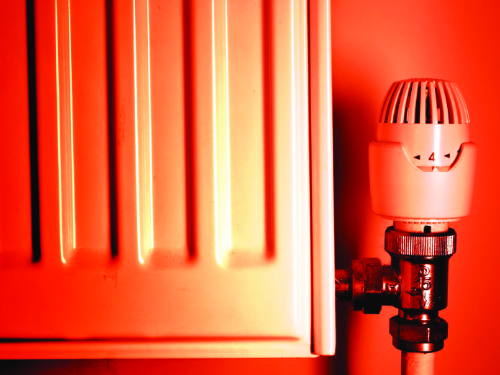
13% of households in the UK (and 3.8 million people) still live in fuel poverty. The lost heat from poor home insulation is a major contributor to carbon emissions.
There are a number of actions Local Council’s can take to improve home insulations across all tenures and the below example council motion ties them together in a Council-wide strategy.
Research from Friends of the Earth has broken down the percentage of homes in each Local Authority area that are still in fuel poverty, the percentage that are considered to be well-insulated, how housing contributes to local carbon emissions and the number of houses that would need to be retro-fitted with insulation to bring them all up a decent energy rating standard. These are very useful statistics to use in your local motion and they can be found here.
Council Motion:
Council notes research from Friends of the Earth that shows that XX% of households in [AREA NAME] are living in fuel poverty – and heating homes accounts for XX% of local carbon emissions.
Council believes all housing in our area should be insulated to a minimum of EPC C standard with good quality loft insulation, cavity wall insulation, double-glazing and draught exclusion. Council notes the Government target to upgrade all housing to this standard by 2030. To meet this target a total of XXXX houses in [AREA NAME] would need insulation upgrades each year.
Council appreciates the scale of this challenge but at the same time makes a commitment to end fuel poverty and excess carbon emissions from poorly insulated homes and develop a strategy to achieve this.
Council therefore commits to:
- Develop a strategy to retrofit Council-owned properties with high-levels of insulation to end fuel poverty in [AREA NAME] by 2030.
- Strengthen its procedures to enforce minimum standards of energy efficiency in the private rented sector – making sure landlords without an EPC certificate for their properties are fined, and properties with an inadequate EPC rating are prevented from being rented.
- Publish a statement of intent and set locally appropriate eligibility criteria to access Energy Company Obligation funding via Local Authority Flexibility arrangements – allowing more vulnerable and low-income households in our area to access funding to better insulate their homes.
- Ensure new housing is built to the highest possible energy efficiency standards through reviewing Local Plan policies and introducing additional Supplementary Planning Guidance to ensure the use of low-carbon materials, heat pumps rather than gas heating systems, and renewable energy as much as possible.
Council instructs the Chief Executive to write to the Secretary of State for Environment, Food and Rural Affairs asking that the Government adopt the recommendations relating to retrofitting homes and buildings in the Blueprint for a Green Recovery report published in January 2021.
Council finally instructs the Chief Executive and Cabinet Members with responsibility to housing, communities and the environment to bring a report to Full Council to report on progress every 6 months, and refers the issue to the Council’s Overview and Scrutiny Committee to be placed in the Council’s scrutiny work programme.
Some other useful information:
There are numerous reports and briefings on the leading role Local Authorities play on retro-fitting homes.
- The Retrofit Toolkit (2020) contains a number case studies of local retrofit initiatives as well as information about various grant and funding schemes that exist to help with this issue.
- The Blueprint Strategy (2021) also talks through a number of steps Local Authorities can take to tackle fuel poverty and improve home insulation.
- The Energy Company Obligation (mentioned in the motion) is a Government Scheme that requires the largest energy suppliers to help eligible households reduce costs of their home heating by introducing energy saving measures. Local Council’s can refer residents who do not meet the eligibility criteria for support. More information can be found here and here.